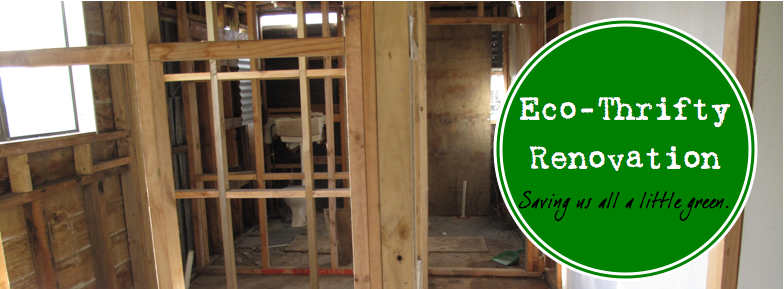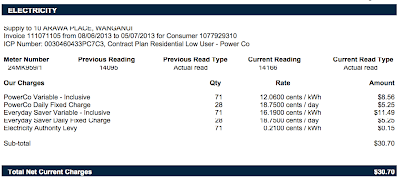Bad advice can come at a good price, or even for free. What
appears cheap initially, can prove expensive in the long run. Of course we
don’t know if advice is good or bad when we first get it – that’s why it’s
called advice.
Be aware, however, that often times the person offering
advice may also be offering a product or service to sell based on that advice.
This is particularly true of the automotive repair and home improvement
professions.
For example, most of us know little more about our car than
where to put the key, where to put the petrol, where to put the wiper fluid,
and maybe where to put the oil. When there is a problem, we take it to a
mechanic for advice and, most likely, servicing and parts. I suspect this is
why everyone says, “You need to find an honest mechanic.”
An honest mechanic will give you good advice at a fair
price. She or he is, after all, a trained expert in the field and deserves to
make a living.
The same should be said of builders and architects. They are
trained professionals who deserve a fair wage. But from my observations in
North America and New Zealand, very few builders, architects, or any trade for
that matter, understand how energy flows through a home and how to optimize
thermal comfort and the health of the indoor environment. Please note I said few, not none.
This is what is possible when good design is involved.
There are those in Whanganui in the design and building
professions who know much more than me. We might call them ‘experts’ and their
advice will be excellent, but not inexpensive. Remember, you get what you pay
for, and in cases involving the energy performance of your home, expert advice
may pay for itself in energy savings over the course of ten, twenty or thirty
years. That, I consider, is a good investment, and anyone considering a new
build or a major renovation should budget the advice of an eco-design expert
into the cost of their project.
I remember a project in New Hampshire – where I used to live
– where a company was able to double the size of its offices without having to
increase the size of the heating and cooling system. They did this by hiring an
ecological design advisor who did some research, crunched some numbers, and
made recommendations that saved them tens of thousands of dollars by not having
to install a second heating and cooling system. On top of that, they enjoyed
lower operating costs. That said, businesses tend to be more budget conscious
than householders.
That said, I have
seen more than a few examples of bad advice and bad design over the course of
the last three months and 80 free home energy audits provided by Project HEAT
(Home Energy Awareness Training). That bad advice, in some cases, has cost
homeowners thousands of dollars – money that could have been much better spent
elsewhere. Unfortunately, that’s water under the bridge, or, rather, heat
through the building envelope.
Hurry, free advice ends this month.
But for you, however, I may have something to offer in these
the waning days of Project HEAT. Please note, I have nothing to sell but
practical advice made possible through the generosity of an anonymous donor along
with community-minded Whanganui citizens Melinda Hatherly, Murray Jones and
Jason Quinn.
And that said, Act
Now! Limited time offer! Don’t miss out! Free advice for a warm, dry, healthy
home.
Seriously, if you have a question, please ring me.



No comments:
Post a Comment